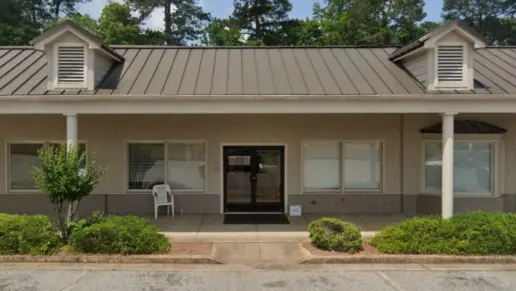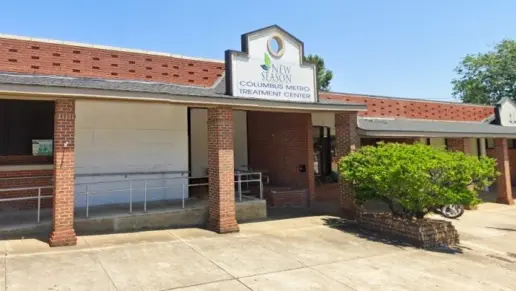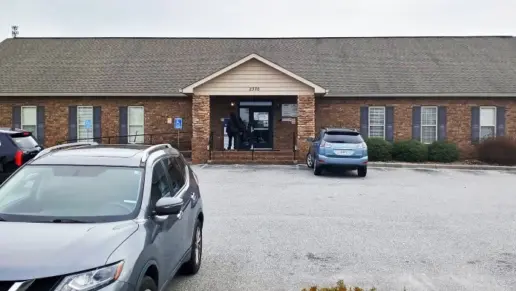About Children’s Healthcare of Atlanta – Hughes Spalding Hospital
Children’s Healthcare of Atlanta - Hughes Spalding Hospital in Atlanta, Georgia provides medical and mental health services for children and adolescents from across Georgia. They have full medical services for children’s physical health and specialize in caring for mental health and behavioral issues as well.
Services at this location are comprehensive. They include medical care and sexual education health, stop smoking programs, and treatment of uncomplicated mental health concerns such as anxiety, ADHD, or depression. Addiction and substance abuse screening and treatment referrals are also available here. A health care team including four medical doctors, social workers and certified pediatric nurse practitioners work with registered and support staff to provide the best care possible for each child or youth in need.
In conjunction with The Hope Institute, Children’s Healthcare of Atlanta creates a network of support for families, children and youth of Georgia. These services include psychiatric assessments, short term psychotherapy, and medication management. The Recovery Care Clinic and the Bridge Clinic are both available to assist with protecting and caring for children, youth and families in need.
More than a dozen psychiatrists, four psychologists, fifteen therapists and close to two dozen psychiatric mental health nurse practitioners work with the behavioral and mental health department to provide expert mental health care. Referrals are obtained through Hughes Spalding Hospital but services may be provided at other Children’s Healthcare of Atlanta locations depending on convenience and the type of treatment program being accessed.
Insurance may cover all or part of treatment. It is important to check with your personal health insurance provider to see what coverage is available and whether there is a co-pay or deductible that you are responsible for. All co-pay and self-pay fees are due at the time of the appointment or services rendered.
Facility Overview
Latest Reviews
Rehab Score
Gallery
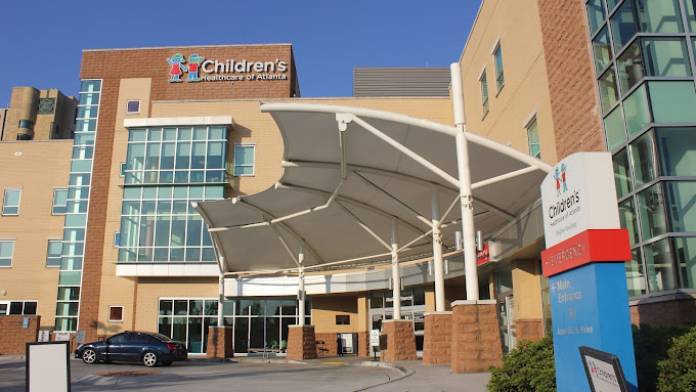
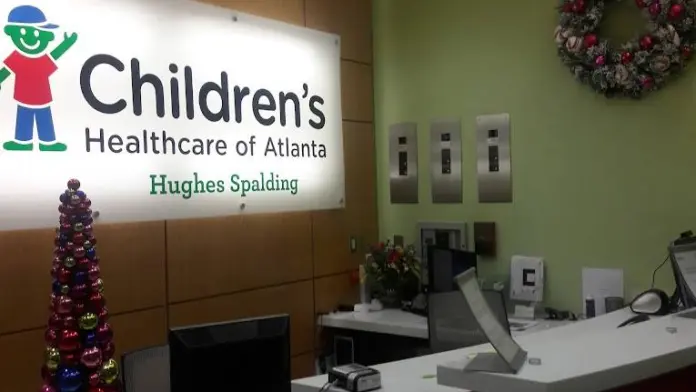
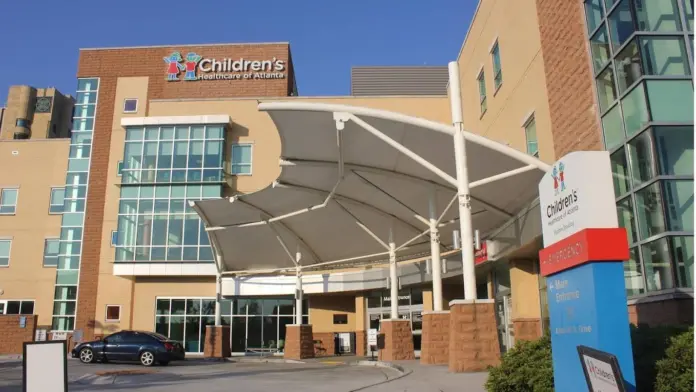
Location
Other Forms of Payment
Self-pay involves paying for treatment out of your own pocket. You can use savings or credit, get a personal loan, or receive help from family and friends to fund your treatment. If you don't have insurance or your insurance plan doesn't cover a specific program, self-pay can help ensure you still get the care you need.
Private insurance refers to any kind of healthcare coverage that isn't from the state or federal government. This includes individual and family plans offered by an employer or purchased from the Insurance Marketplace. Every plan will have different requirements and out of pocket costs so be sure to get the full details before you start treatment.
Addiction Treatments
Levels of Care
Treatments
The goal of treatment for alcoholism is abstinence. Those with poor social support, poor motivation, or psychiatric disorders tend to relapse within a few years of treatment. For these people, success is measured by longer periods of abstinence, reduced use of alcohol, better health, and improved social functioning. Recovery and Maintenance are usually based on 12 step programs and AA meetings.
A quality drug rehab in Georgia can help you overcome addiction. This environment is designed to help you address the complex issues contributing to drug dependence. The goal of treatment is to give you the tools you need to make a full recovery.
A combined mental health and substance abuse rehab has the staff and resources available to handle individuals with both mental health and substance abuse issues. It can be challenging to determine where a specific symptom stems from (a mental health issue or an issue related to substance abuse), so mental health and substance abuse professionals are helpful in detangling symptoms and keeping treatment on track.
Programs

Clinical Services
Cognitive Behavioral Therapy (CBT) is a therapy modality that focuses on the relationship between one's thoughts, feelings, and behaviors. It is used to establish and allow for healthy responses to thoughts and feelings (instead of unhealthy responses, like using drugs or alcohol). CBT has been proven effective for recovering addicts of all kinds, and is used to strengthen a patient's own self-awareness and ability to self-regulate. CBT allows individuals to monitor their own emotional state, become more adept at communicating with others, and manage stress without needing to engage in substance abuse.
In individual therapy, a patient meets one-on-one with a trained psychologist or counselor. Therapy is a pivotal part of effective substance abuse treatment, as it often covers root causes of addiction, including challenges faced by the patient in their social, family, and work/school life.
Trauma therapy addresses traumatic incidents from a client's past that are likely affecting their present-day experience. Trauma is often one of the primary triggers and potential causes of addiction, and can stem from child sexual abuse, domestic violence, having a parent with a mental illness, losing one or both parents at a young age, teenage or adult sexual assault, or any number of other factors. The purpose of trauma therapy is to allow a patient to process trauma and move through and past it, with the help of trained and compassionate mental health professionals.
Research clearly demonstrates that recovery is far more successful and sustainable when loved ones like family members participate in rehab and substance abuse treatment. Genetic factors may be at play when it comes to drug and alcohol addiction, as well as mental health issues. Family dynamics often play a critical role in addiction triggers, and if properly educated, family members can be a strong source of support when it comes to rehabilitation.
Recreational therapy (aka therapeutic recreation) uses creative and fun activities to help with addiction recovery. Recreational therapists lead patients in entertaining and engaging activities like sports or games; art (drawing, painting, sculpture); drama, music, and dance; and/or community outings (field trips) to improve patients' physical, social, and emotional well-being.
Amenities
-
Private Transportation
Staff & Accreditations
Staff

CEO

CFO
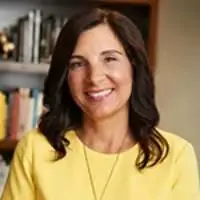
CAO

COO
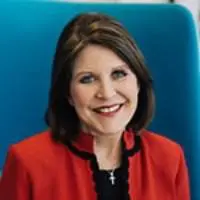
CNO

Chief Medical Officer

President of Foundation

CIO
Accreditations

The Joint Commission, formerly known as JCAHO, is a nonprofit organization that accredits rehab organizations and programs. Founded in 1951, the Joint Commision's mission is to improve the quality of patient care and demonstrating the quality of patient care.
Joint Commission Accreditation: Yes
Accreditation Number: 3506
Contact Information
35 Jesse Hill Jr Drive Southeast
Atlanta, GA 30303
